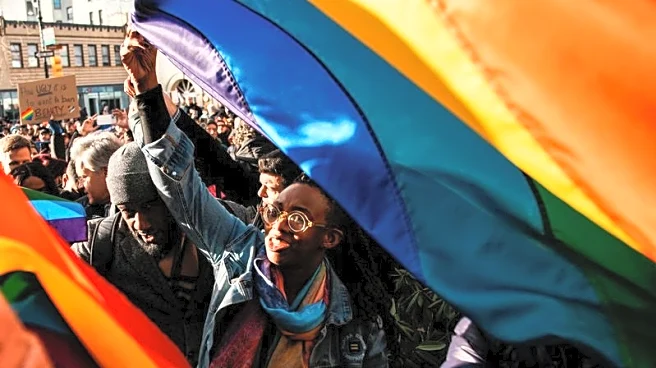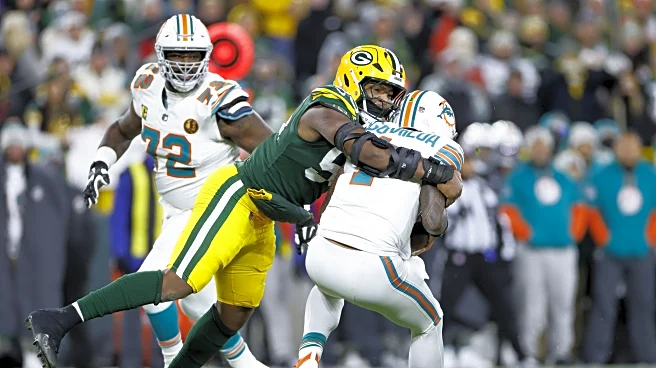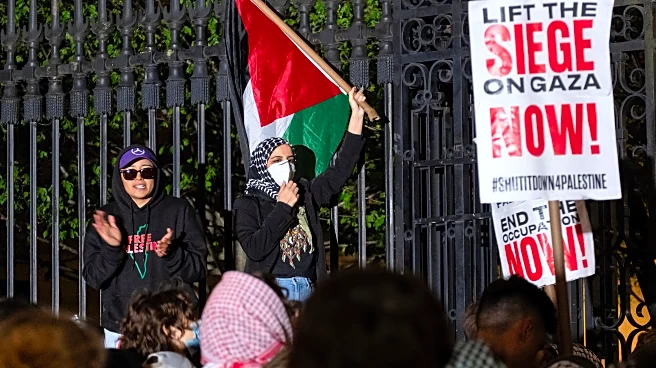What's Happening?
Defense Secretary Pete Hegseth announced that the 19 soldiers who received the Medal of Honor for their actions during the 1890 Wounded Knee incident will retain their awards. This decision follows a review initiated by former Defense Secretary Lloyd Austin in 2024, prompted by a congressional recommendation in the 2022 defense bill. The review was part of broader efforts to reconsider the awards given for the massacre at Wounded Knee Creek, where U.S. Army forces killed approximately 250 Native Americans, including women and children, of the Lakota Sioux tribe. Despite the historical controversy surrounding the event, Hegseth stated that the soldiers' medals are deserved and their place in history is not up for debate.
Why It's Important?
The decision to allow the soldiers to keep their Medals of Honor is significant as it touches on broader themes of historical interpretation and recognition of past military actions. The Wounded Knee massacre is a contentious event in U.S. history, often debated as either a battle or a massacre. The retention of these medals may be seen as a refusal to re-evaluate historical military actions through a modern ethical lens, potentially impacting how military history is taught and commemorated. This decision could affect the relationship between the U.S. government and Native American communities, as well as influence ongoing discussions about how history is remembered and honored.
What's Next?
The decision may prompt reactions from Native American groups and historians who have long called for the revocation of these medals. It could also lead to further debates in Congress about how military honors are awarded and reviewed. Additionally, this decision might influence future policies regarding the commemoration of controversial historical events and figures, particularly in the context of military history.
Beyond the Headlines
The retention of the Medals of Honor for the Wounded Knee soldiers raises questions about the ethical implications of military awards and the narratives they support. It highlights the ongoing struggle to reconcile historical actions with contemporary values and the role of government in shaping historical memory. This decision may also reflect broader political and cultural dynamics, including efforts to preserve certain historical narratives despite calls for change.











